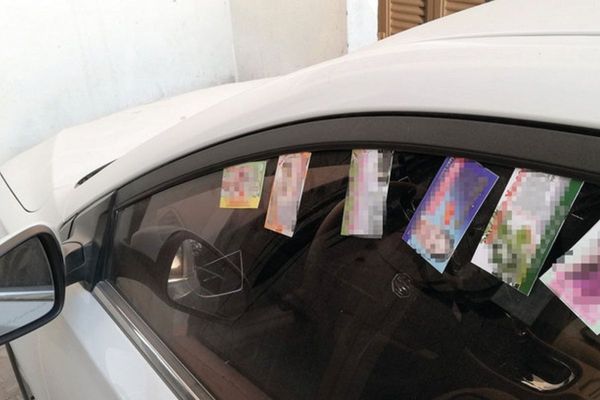A Dubai resident asks how one can find out if there is a ban imposed against them
Question:
I am a Dubai resident. Under what circumstances can a travel ban be imposed on me over outstanding loans and credit card dues? How do I find if I have a travel ban?
Response:
Pursuant to you queries, it is assumed that you have outstanding personal loans and you are currently in the UAE. Therefore, the provisions of Notice No. 3692/2012 of Central Bank of the UAE pertaining to General Terms & Conditions and Loan Agreements texts drafted and approved by Emirates Bank Association (the ‘Loan Agreements Formats Approved by Central Bank of UAE’), Federal Decree Law No. 14 of 2020 Amending Certain Provisions of Federal Law No. 18 of 1993 Concerning he Commercial Transaction Law ( the ‘Federal Decree Law No. 14 of 2020’) and the provisions of Resolution of the Cabinet No. 33 of 2020 Amending Certain Provisions of Resolution of the Cabinet No. 57 of 2018 on the Regulations of the Federal Law No. 11 of 1992 on the Civil Procedure Code (the ‘Cabinet Resolution No. 33 of 2020) are applicable.
In the UAE, the credit card facility provided by the lender to the borrower may come under the provisions of rules and regulations governing the terms and conditions of a personal loan. When a personal loan or credit card facility is granted to a borrower, the lender may collect cheque/s as security against the loan amount or the limit of the credit card. This is in addition to a signed loan agreement or application form which contains the terms and conditions.
An individual failing to pay three consecutive instalments or six non-consecutive ones on the repayment may be considered as an event of default. This is in accordance with Article 4(4) of the Personal Loan Agreement format of Loan Agreements Formats Approved by Central Bank of UAE, which states:
"The loan elapses and all the instalments, interests and any other fees and expenses become due and payable immediately without having to give any notification or any court ruling and without prejudice to any other rights of the bank according to this agreement or in accordance with the law - in the event that the borrower failed to pay three consecutive instalments or six non-consecutive instalments of the monthly instalments without approval of the bank."
Therefore, in the case of default, the lender may choose to deposit your security cheque(s) for collection. Should the said security cheques be dishonoured due to insufficiency of funds, the lender may file an execution case against you in accordance with provisions of Federal Decree Law No. 14 of 2020. In the execution case, upon completion of 15 days from the date of notifying you, the lender may commence the relevant procedures against you, which may include a request to impose a travel ban on you. The court may approve such a request.
Alternatively, for speedy remedy, the lender may approach the court if the outstanding amount is more than Dh10,000 and request the imposition of a travel ban on you in accordance with Article 188 of Cabinet Resolution 33 of 2020.
Additionally, the lender may have an option of filing a payment order case or a civil case against you in a court to recover the outstanding debt. If the final judgement is not in your favour, the lender may proceed to file execution proceedings against you and that may include a request to impose a travel ban on you.
You may approach the lender or the Dubai Police or Dubai Courts to check if you have any travel ban imposed on you.
News Source: Khaleej Times









